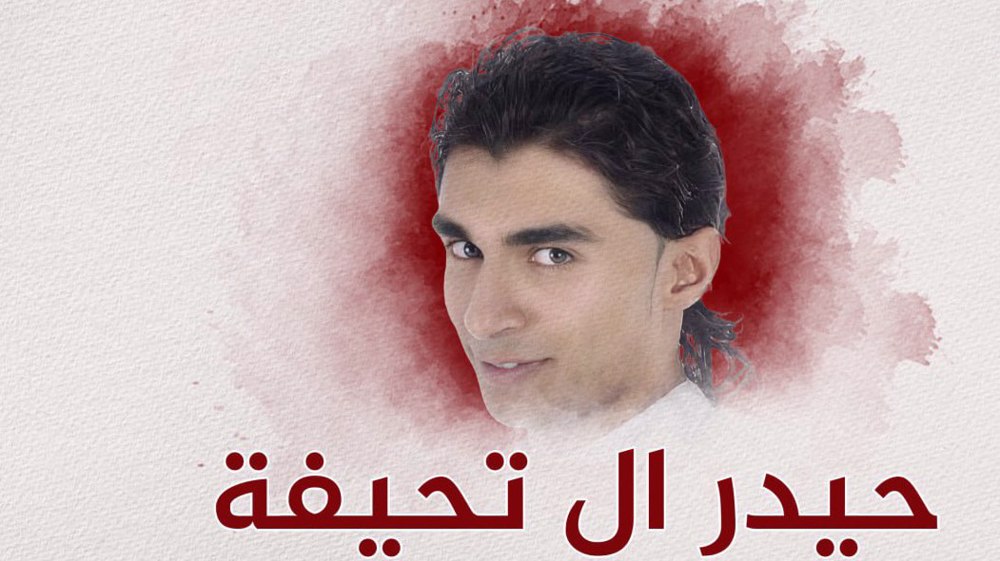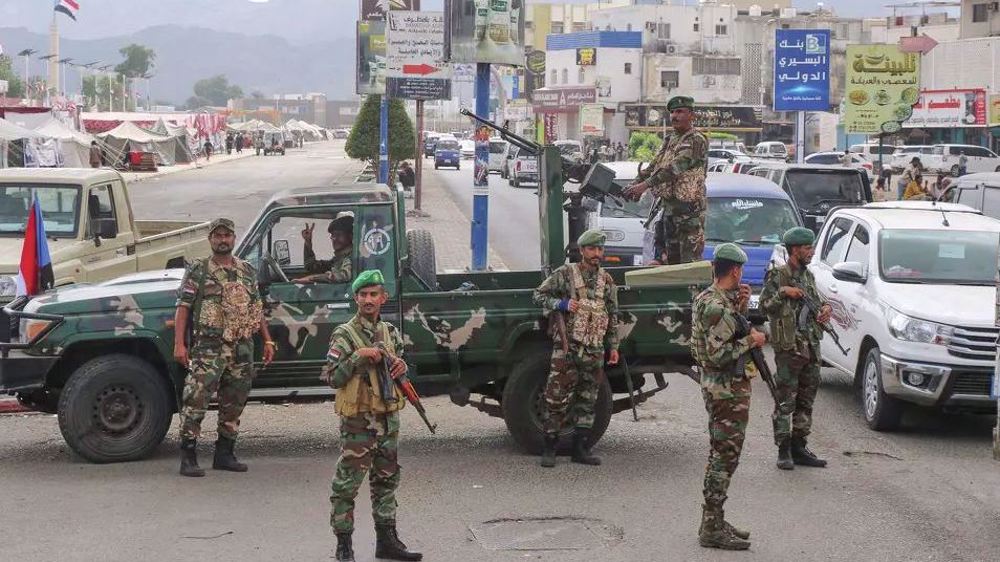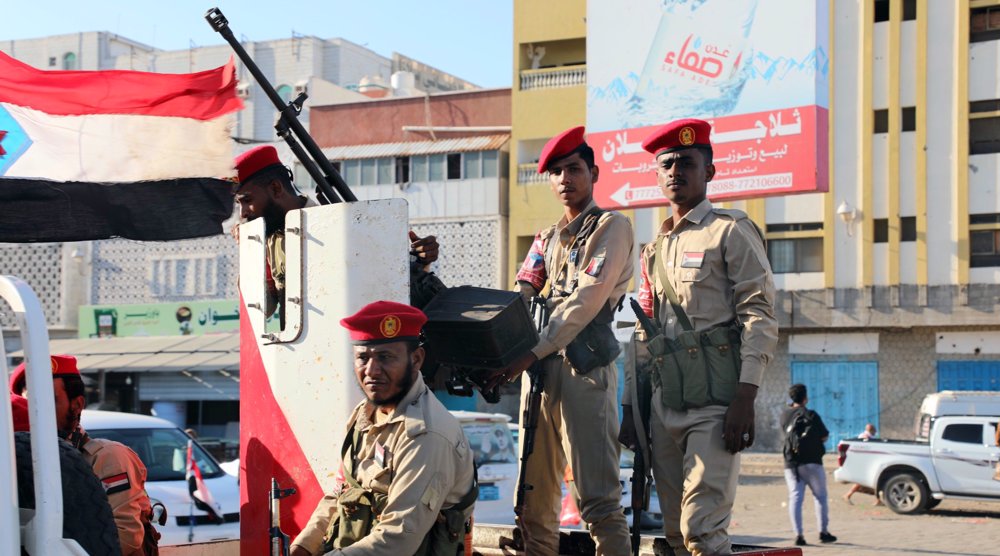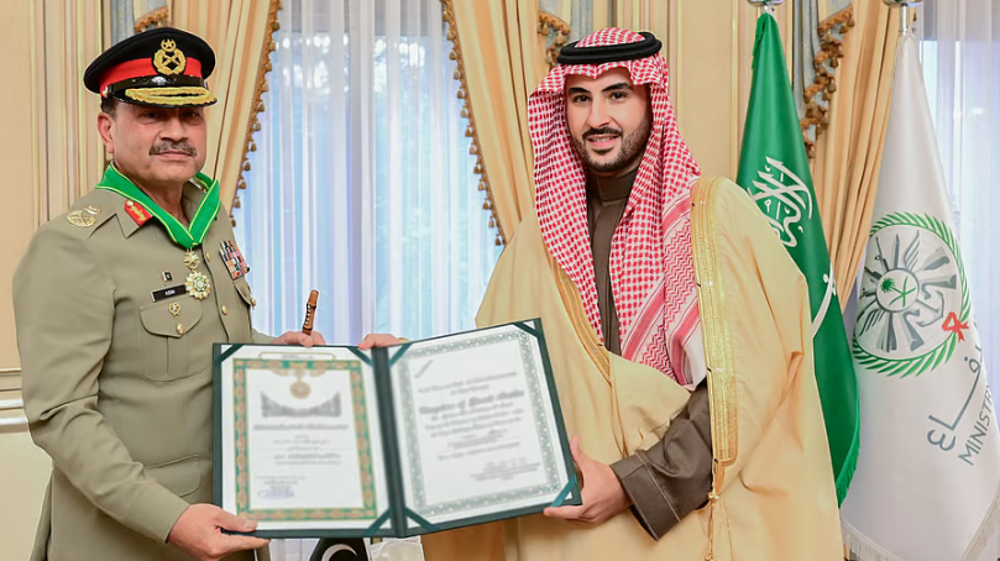Saudi regime executes Shia political activist from Qatif
In yet another indication of Saudi Arabia’s blatant disregard for human rights and speech freedom, the regime in Riyadh has executed an imprisoned political activist from the Shia-majority Eastern Province.
Saudi authorities carried out early on Tuesday a death sentence against Haider Nasser al-Tahaifa, a resident of the oil-rich Qatif region in Eastern Province, according to the London-based and Arabic-language Nabaa television news network.
Saudi Arabia’s Interior Ministry was cited by the news network as saying that the activist was executed on charges of participation in anti-Riyadh activities as well as protests against the ultra-conservative kingdom.
The Ministry accused Tahaifa of joining what it claimed to be a “terrorist cell” aimed at undermining the country's internal security, destroying public property and carrying out acts of vandalism.
Tahaifa was arrested in Qatif in early September 2017 and was transferred to a detention center near the Saudi capital, Riyadh.
The political activist was sentenced in the first instance in September 2021 to “death by discretion” and the Court of Appeal upheld his sentence. The death penalty came after five years of arbitrary detention in South Arabia's eastern city of Dammam.
Reacting to Tahaifa’s execution, activists and Twitter users from Arab and Muslim countries expressed their indignation at the crime, which is added to Saudi Arabia's crimes against prisoners of conscience.
Adel al-Saeed, a researcher at the European Saudi Organization for Human Rights (ESOHR), said that Saudi Arabia's criminality and disdain for blood have no limits.
“The confessions were extracted from Haider al-Tahaifa under torture during the interrogation period, and some of them were during the childhood period,” Saeed said, adding, “The Saudi authorities deprived him of all his basic rights, such as seeking the assistance of a lawyer.”
Saudi Arabia's Eastern Province has been the scene of peaceful demonstrations since February 2011. Protesters have been demanding reforms, freedom of expression, the release of political prisoners, and an end to economic and religious discrimination against the region.
The protests have been met with a heavy-handed crackdown, with regime forces increasing security measures across the province.
Ever since Mohammed bin Salman became Saudi Arabia’s crown prince and de facto leader in 2017, the kingdom has arrested dozens of activists, bloggers, intellectuals, and others perceived as political opponents, showing almost zero tolerance for dissent even in the face of international condemnations of the crackdown.
As a result, Islamic scholars have been executed, women’s rights campaigners have been put behind bars and tortured, and freedom of expression, association, and belief continue to be denied.
In January 2016, Saudi authorities executed Shia cleric Sheikh Nimr Baqir al-Nimr, who was an outspoken critic of the Riyadh regime. Nimr had been arrested in Qatif in 2012.
Hamas: Israel escalating ceasefire violations in Gaza
Venezuela's government declares unwavering unity behind Maduro
VIDEO | Global outcry over Venezuela president abduction
Iran keeps wheat import subsidies despite cutting other food supports
Venezuelan military stands with acting president after US kidnapping of Maduro
VIDEO | Press TV's news headlines
VIDEO | Protesters in Toronto slam US kidnapping of Venezuelan president
Israeli troops detain, intimidate Palestinian toddler in West Bank










 This makes it easy to access the Press TV website
This makes it easy to access the Press TV website